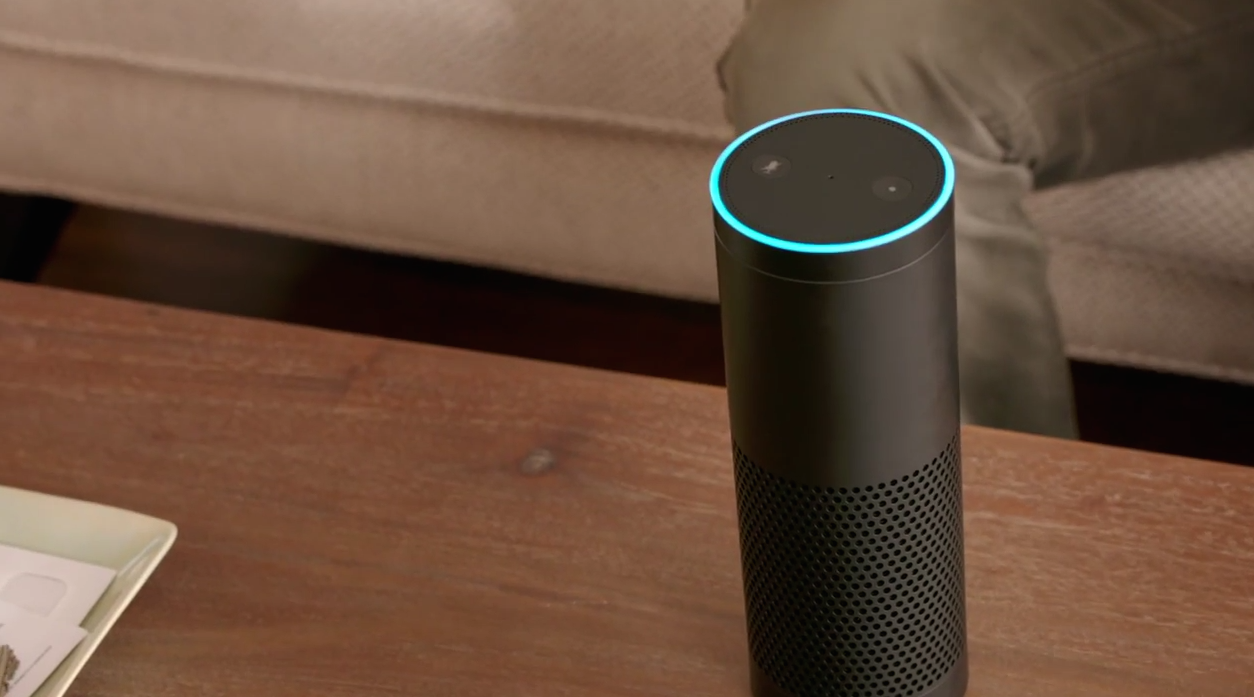The issue of who can access information stored on your electronic devices has become increasingly controversial in the last year, with authorities obtaining search warrants to unlock smartphones for everyone in an office building, courts ruling that police can force smartphone users to give up their devices’ passcodes, and federal lawmakers trying to force weakened encryption on consumers. Now, police investigating a homicide are hoping to get a look under the hood of Amazon’s Echo speaker to see if its virtual “Alexa” assistant might have recorded evidence of a murder. [More]
evidence
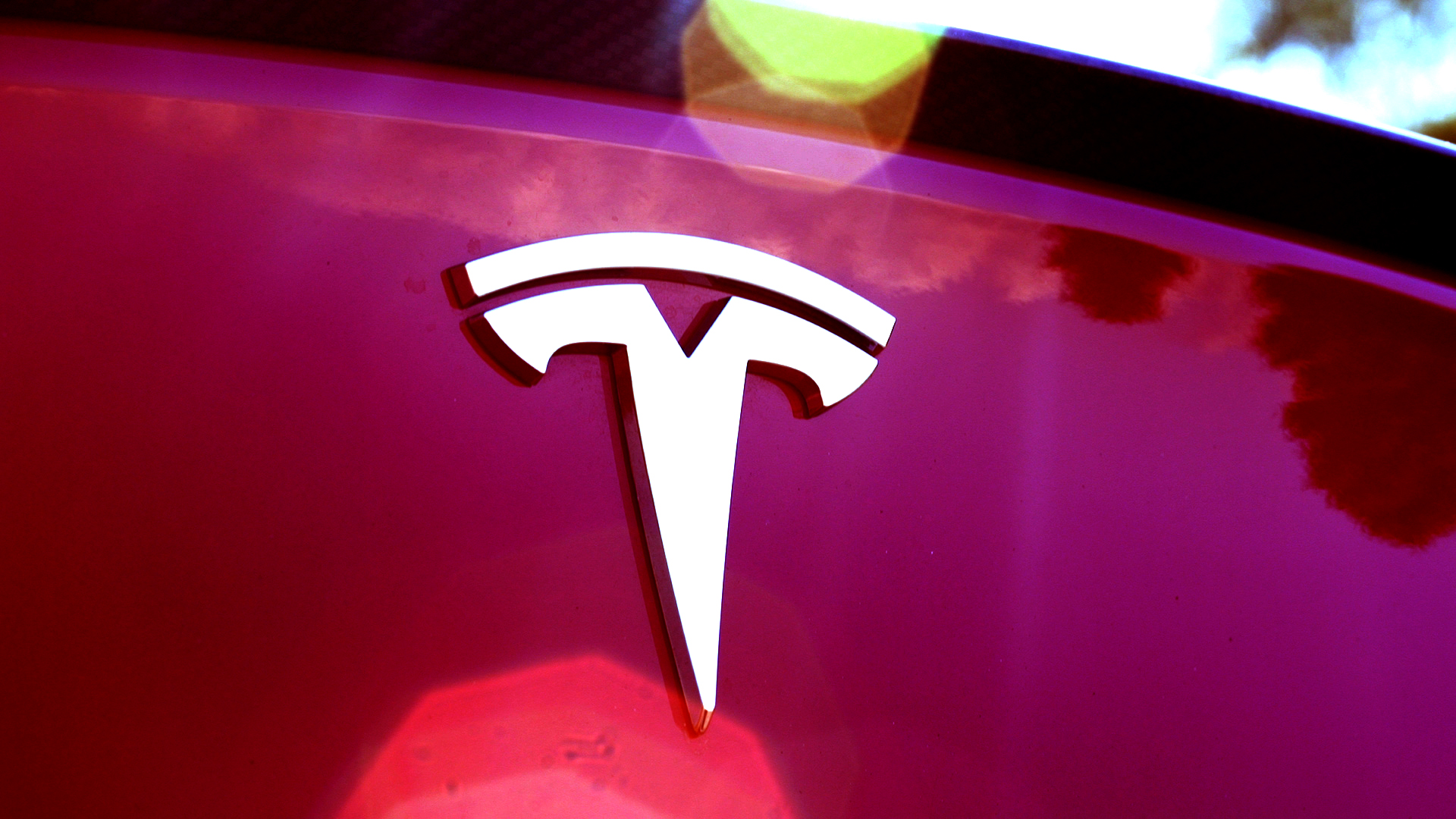
Tesla Claims There’s No Evidence Autopilot Was Used Before Recent Model X Crash
Tesla said Wednesday that there is no evidence to support the report that the Model X vehicle involved in a recent crash in Pennsylvania was operating in its semi-autonomous “autopilot” mode. [More]

Credit Card Fraud Suspect Doesn’t Have ID, Poses For Picture With Card Instead
A suspected credit-card thief was caught thanks to the quick thinking of a cashier at a beauty-supply store in Florida. He didn’t quite feel comfortable with the purchase, and the customer didn’t have any photo identification on her that matched the name on the card. Instead of turning the customer away, he asked her to pose for a photo while holding up the card. She did. [More]
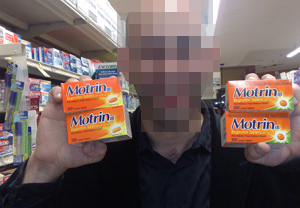
Johnson & Johnson Hired Fake Shoppers To Buy Up Bad Motrin, Avoid Public Recall
Ever since the FDA and Congress started asking Johnson & Johnson to explain why it keeps recalling medicine, there have been references to an unpublicized “recall” that happened in November 2008. Last month, at a hearing of the House Oversight and Government Reform Committee, a J&J executive swore that the company didn’t mean to mislead anyone. It turns out that wasn’t exactly accurate: Bloomberg has obtained emails from J&J’s company, McNeil Consumer Healthcare, that show executives knew the secret recall would trigger an FDA reaction if the agency got wind of its full scope. [More]
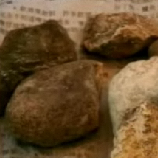
"Box Of Rocks" Scam Caught On Walmart Security Camera
Here’s another “I bought a box of rocks!” story, only this time there’s proof that the victim wasn’t pulling a dirty trick on Walmart. Instead, it was someone before her who bought and then returned a Nintendo DS, only they swapped out the unit with rocks before making the return.
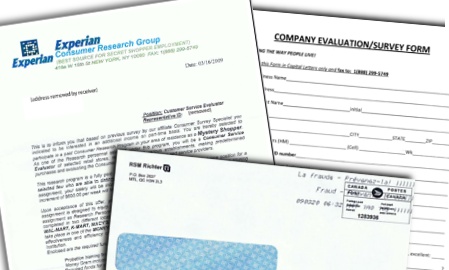
Here's What A Mystery Shopper Scam Looks Like
Want to see what a secret shopper scam actually looks like? Tracey sent us scans of the one that arrived in her mailbox today. It included a letter printed on cut-and-paste letterhead, a form, and a check for $4,200. The idea behind this sort of scam—also called an advance fee fraud or wire transfer scam—is to get the victim to deposit the check, wait for it to clear, then wire back the bulk of the money. Weeks or months later, the check will turn out to be fake, and by law the victim owes the bank for the full amount of the check.
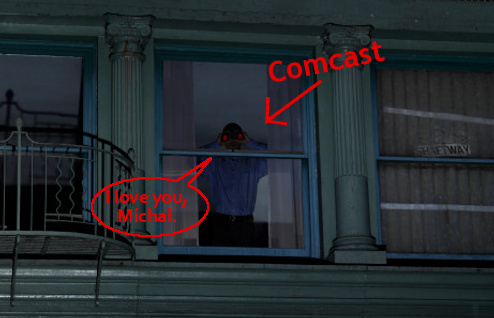
Comcast Loves You So Much They Keep Billing You… 4 Months After You Canceled
Oh Comcast, you romantic. You were so sorry to see Michal leave that you pretended he didn’t. We get it: he bikes, he blogs, he helps toddlers learn Polish. But after four months of him repeatedly asking you to stop billing him, when you still won’t stop it begins to look a little stalker-ish. Your computers can’t always be down.


